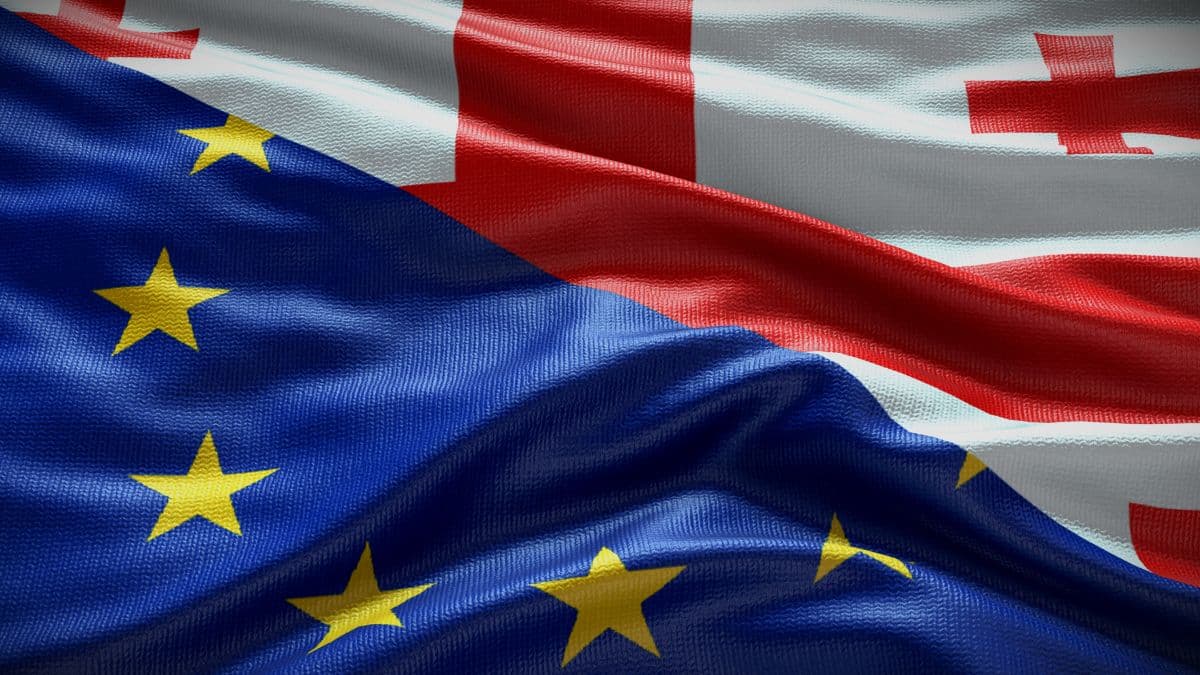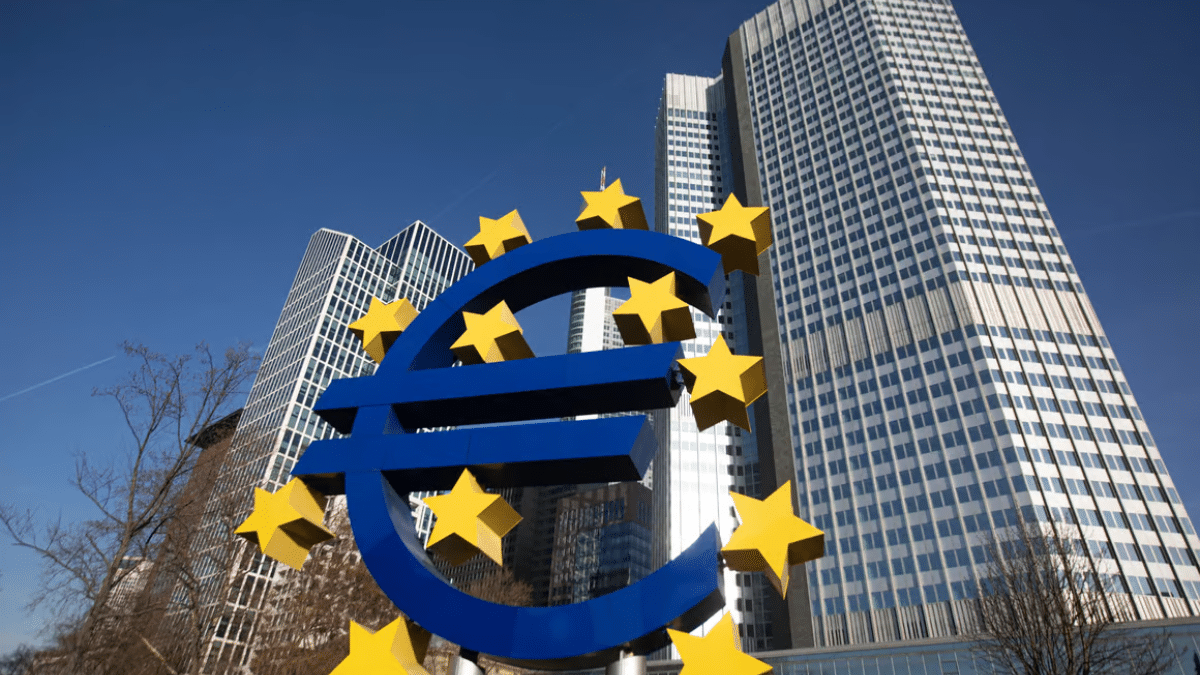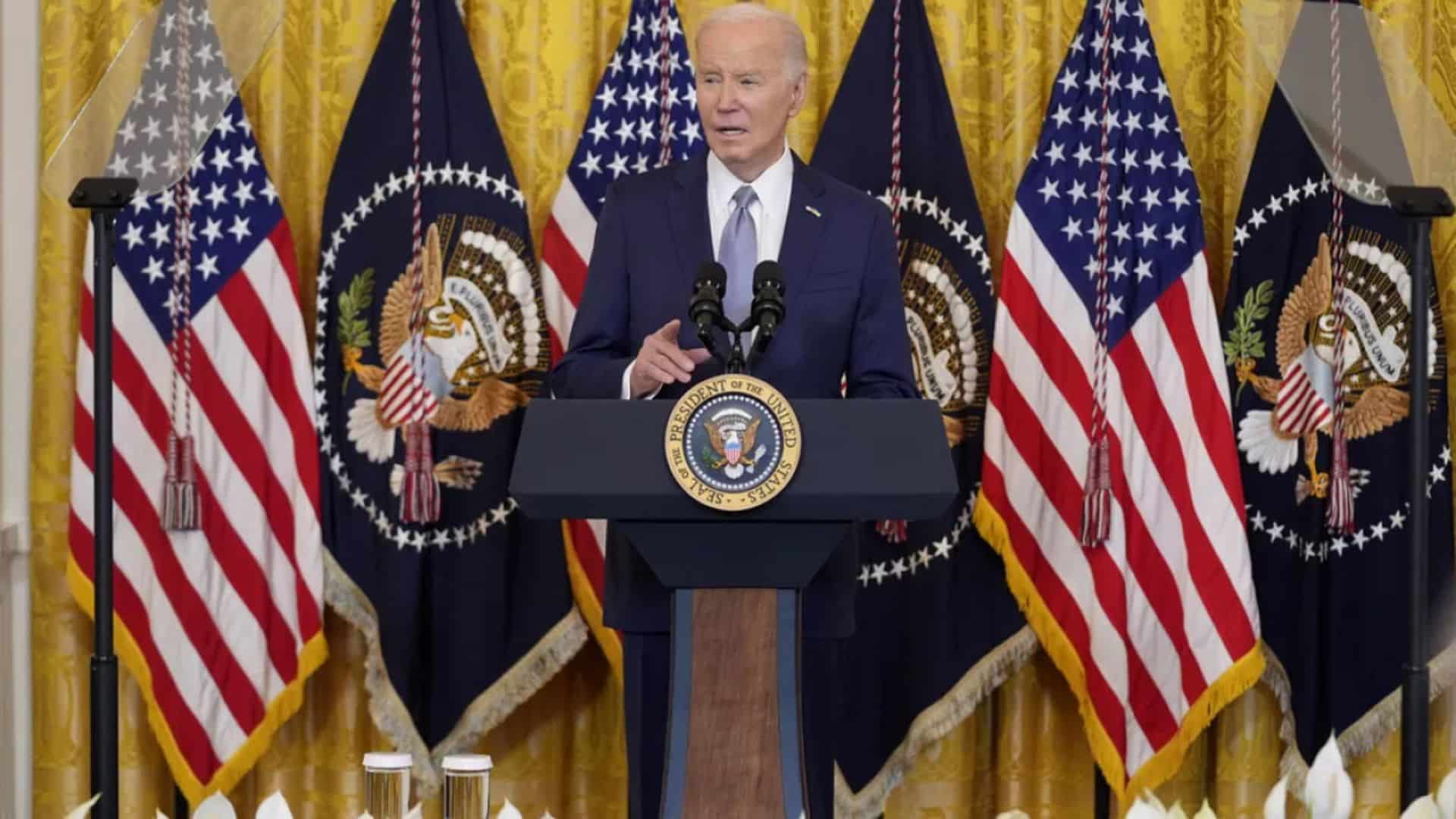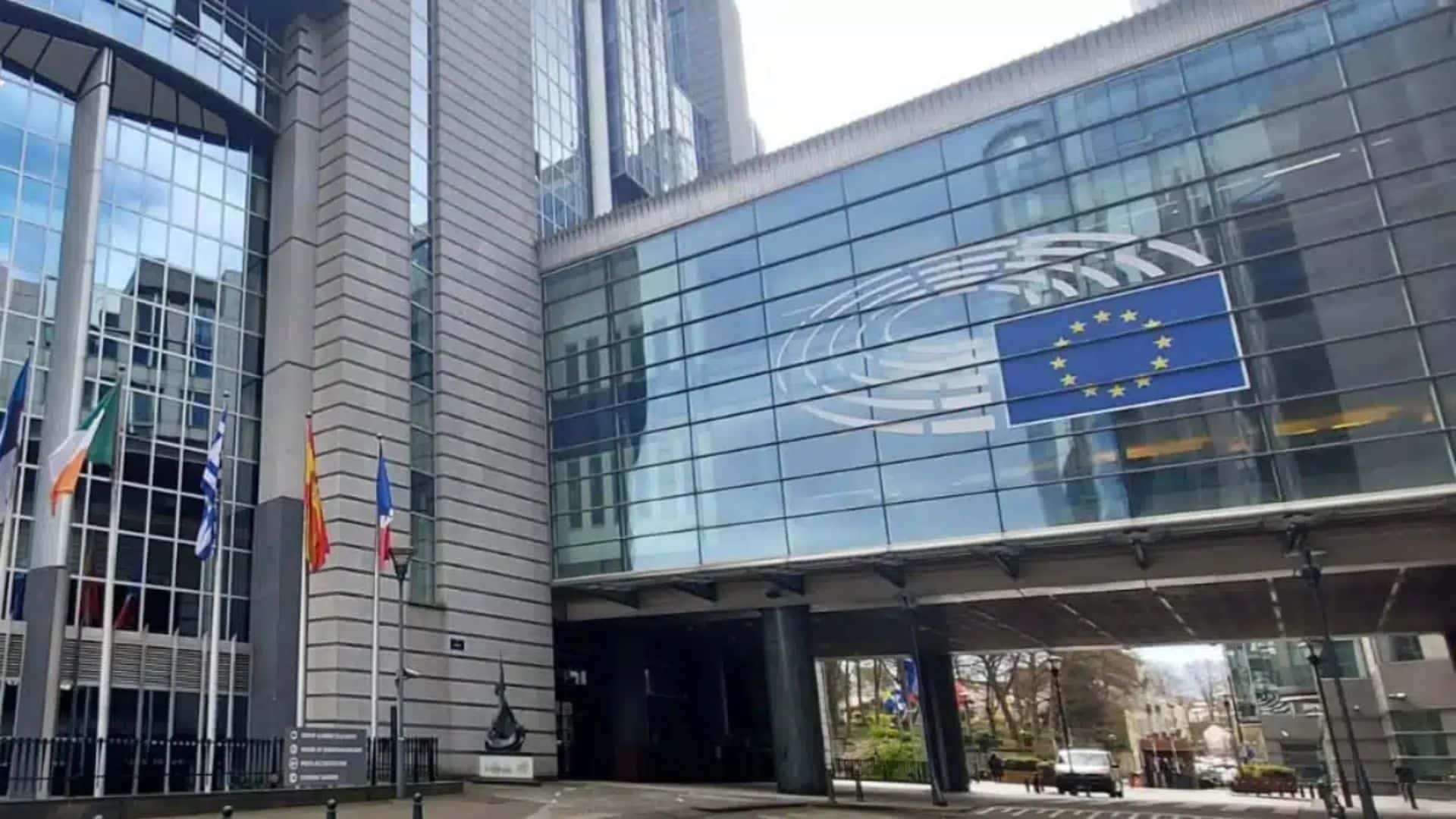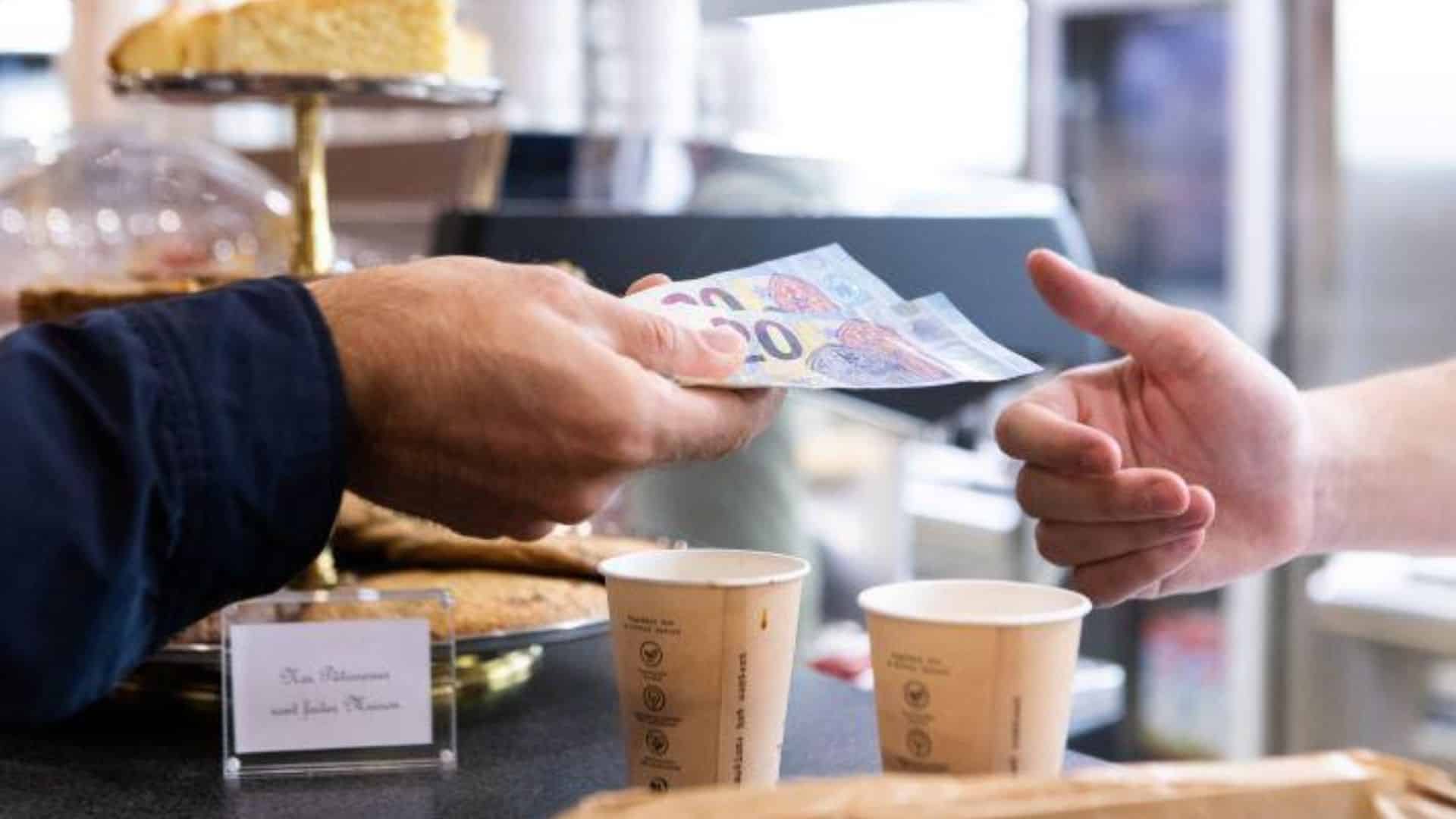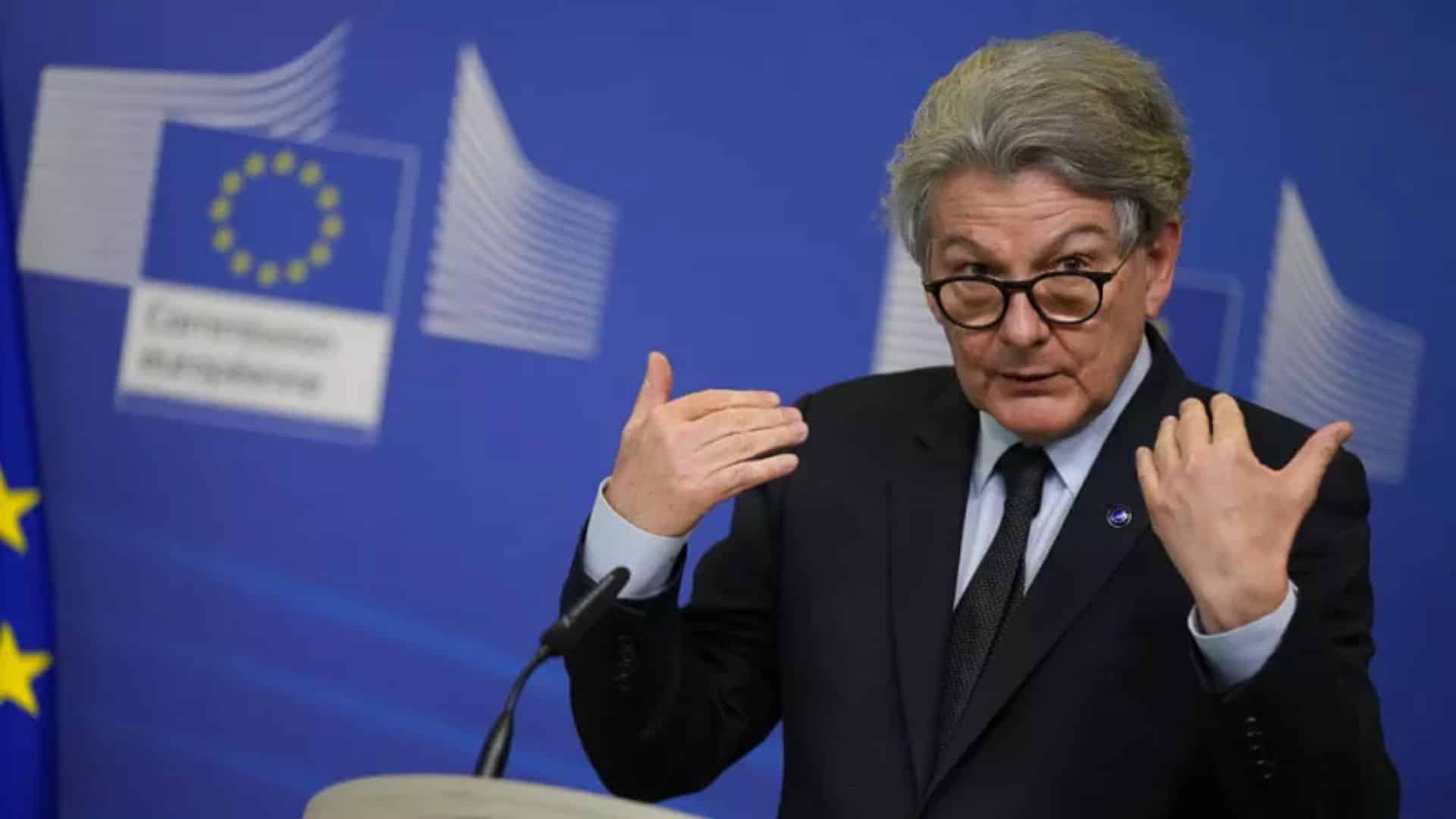
IBEX 35 fails to hold 9,000 in its fourth consecutive fall
The IBEX 35 lost 0.37% on Wednesday and fell below 9,000 points, a level not seen since the end of March, affected by the fall in banks and energy companies, according to market data.
The main indicator of the Spanish stock exchange, the IBEX 35, has fallen 33.6 points in its fourth consecutive session down (not recorded a similar downward streak for almost a month), equivalent to that 0.37%, to 8,995.5 points (similar to the level recorded on 28 March). For the year it is still up 9.31 %. In the rest of Europe, with the euro at 1.064 dollars and a rise of 0.45%, among the main markets only London fell, by 0.37%. Milan rose 0.74%, Paris 0.5% and Frankfurt 0.02%.
The Spanish stock market began the day with a fall of 0.5 % and was below 9,000 points.
On this day, without outstanding references, the national market was initially carried away by the fall of close to 0.9 % of the Dow Jones Industrials index on Wall Street last Friday (the S&P 500 had lost 1.26 % and the Nasdaq Composite 1.53 %).
It was also affected by the sell-off in the debt market (the US 10-year bond yield was above 5 %, the 2007 level) in anticipation of further interest rate rises (the European Central Bank meets this Thursday to take a decision on the matter and the Federal Reserve on 1 November).
Asian markets were also down: Tokyo by 0.83%, Shanghai by 1.47% and Seoul by 0.76%. Hong Kong was closed for a public holiday.
A day of losses from start to finish
The Spanish stock market gradually increased its losses and approached 8,900 points before midday with a fall of more than 1 %, fuelled in part by the decline in futures on US indices.
The Bundesbank’s (Germany’s central bank) economic report predicted that the German economy will shrink in the third quarter due to a fall in foreign demand for its industrial products and high financing costs.
Wall Street started with a 0.4 % fall but quickly reduced it, which mitigated the national decline. Consumer confidence in the euro zone worsened slightly this month, according to advance data.
At the end of the session, the small rise on Wall Street helped to reduce the decline of the domestic market, conditioned by the decline of banks and energy companies, as well as by the situation in the Middle East (Israel intensified bombing in Gaza, but could postpone the invasion of this Palestinian territory).
Brent crude oil, the benchmark in Europe, was down almost 0.6 % at 91.57 dollars.
Telefónica, Repsol and Banco Santander fall more than 1% on the IBEX 35.
Of the large stocks, only Inditex has risen, 1.76% (the second largest rise on the IBEX), while Telefónica has dropped 1.21%, Repsol 1.14%, Banco Santander 1.01%, Iberdrola 0.72% and BBVA 0.24%.
The biggest fall on the IBEX was for Banco Sabadell, 2.51%, while Cellnex lost 2.35%, due to a negative report from an investment firm and after appointing a new CEO; Bankinter lost 2%, Grifols 1.49% and Caixabank 1.47%.
Of the ten IBEX stocks with gains, IAG occupied first place with a rise of 2.55%, followed by Inditex, while Rovi advanced 0.93%, ArcelorMittal 0.88% and Logista 0.79%.
Securities worth 776 million euros were traded on the continuous market. Pescanova presided over the losses (-4.28 %) and Inmobiliaria del Sur the rises (4.48 %).
The interest rate on Spanish long-term debt, which reached over 4 % during the session, ended with a fall of more than three hundredths of a cent, to 3.981 %. The risk premium stands at 109 basis points.
The troy ounce of gold was down almost 0.2 % and was trading slightly below 1,978 dollars.

